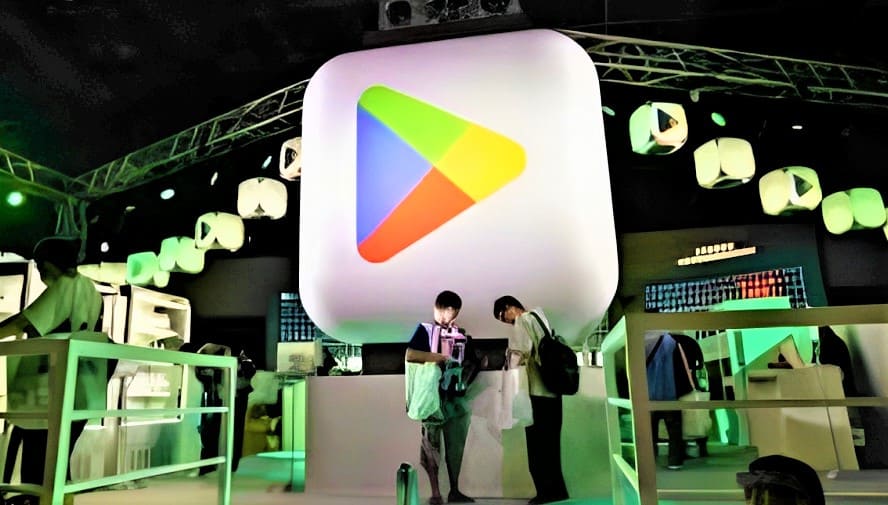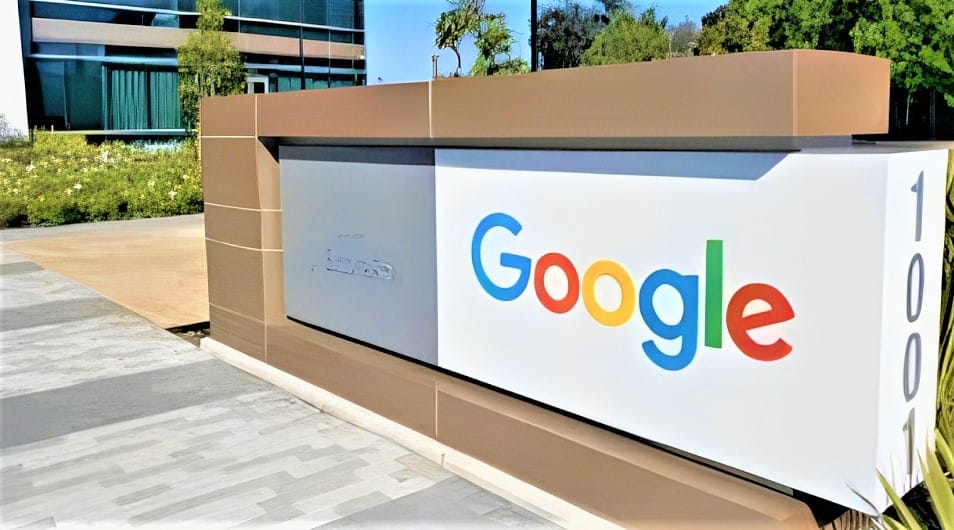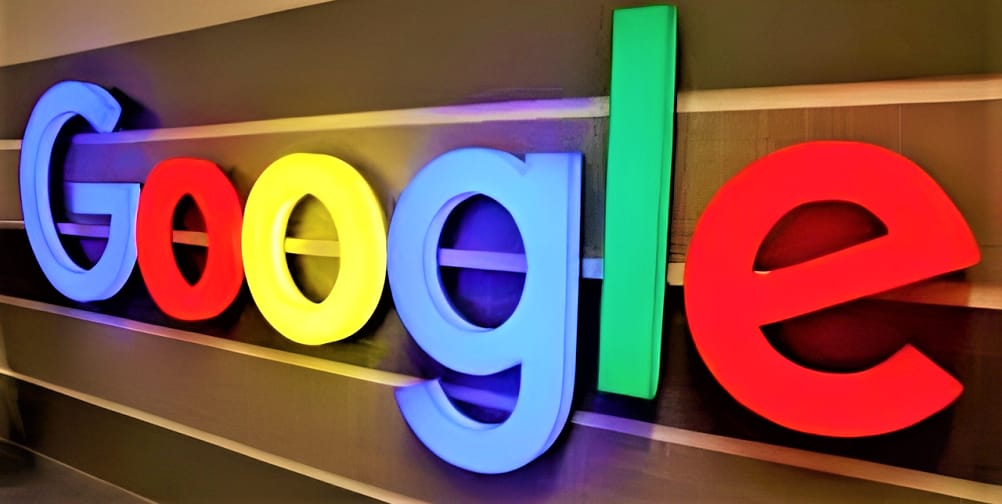Google’s $700 million settlement: Reshaping Play Store and Antitrust Impact
Google has agreed to pay $630 million into a consumer settlement fund and $70 million into a state-use fund.

As part of an antitrust settlement with US states and consumers, Alphabet’s Google will reportedly pay $700 million (approximately Rs. 5,819 crore) and redesign its Play app store to allow for more competition, the company announced in files made in federal court on Monday in San Francisco.
According to the deal, which is still pending a judge’s final approval, Google will pay $630 million (about Rs. 5,238 crore) into a settlement fund for consumers and $70 million (approximately Rs. 582 crore) into a fund that will be utilized by states.
According to the settlement, qualified users would get at least $2, or about Rs. 166, and they could also get extra payments depending on how much they spend on Google Play between August 16, 2016, and September 30, 2023.
The settlement included participation from all 50 states, the District of Columbia, Puerto Rico, and the Virgin Islands.
Google was accused of overcharging customers by imposing illegitimate limits on the Android app store’s program distribution and charging needless fees for in-app purchases. It made no admission of guilt.
The contents of the settlement were kept under wraps until after Google’s related trial with Fortnite creator Epic Games, which was disclosed in September by attorneys for the states and consumers. Final week, a federal jury in California found in favor of Epic, finding that some aspects of Google’s app store were anticompetitive.

The settlement, according to a statement from Google Vice President for Government Affairs and Public Policy Wilson White, “builds on Android’s choice and flexibility, maintains strong security protections, and retains Google’s ability to compete with other (operating system) makers, and invest in the Android ecosystem for users and developers.”
In addition to Play’s payment mechanism, the firm said it was extending the ability of app and game creators to provide customers an additional option for in-app purchases. Google claimed to have been testing “choice billing” for more than a year in the US.
Google promised to make it easier for customers to download apps straight from developers as part of the settlement.
The states that headed the alliance were California, North Carolina, New York, Tennessee, and Utah. According to a court filing on Monday, state authorities negotiated the settlement over the course of hundreds of hours.
“The changes Google is required to adopt will result in more innovation among app developers and lower prices for consumers, and that was always our number one goal,” Democratic attorney general of North Carolina Josh Stein told Reuters on Tuesday.
“No other US antitrust enforcer has yet been able to secure remedies of this magnitude from Google” or any other significant digital platform, according to the states’ attorneys.
In addition to suing for an injunction rather than monetary penalties, Epic is anticipated to provide its own suggestion for prospective modifications to Google’s Play store to US District Judge James Donato, who is presiding over the lawsuits, early next year.

The states’ settlement, according to a statement from Corie Wright, manager of Epic’s public policy, “did not address the core of Google’s unlawful and anticompetitive behavior.”
At the next round of its experiment, Epic plans, according to Wright, “to truly open up the Android ecosystem.”
In a post on the social networking site X, Epic CEO Tim Sweeney stated that the states would have been able to obtain a higher damages award “if they’d stayed in the fight a few weeks longer.”
Google is being sued again over its search and online advertising policies. In such instances, it has denied any wrongdoing.
FAQs on the Google Play Store Antitrust Settlement
1. What took place?
A: Google settled with US states and customers for $700 million in exchange for modifications to the Play Store. This disproves claims that Google engaged in unethical behavior in the app store, raising costs for users and stifling developer competition.
2. Who stands to gain?
A: Customers in the United States who bought applications on Google Play between 2016 and 2023 are entitled for a minimum of $2, and maybe much more depending on their expenditure. The Play Store’s modifications also intend to increase competition and maybe bring down app costs in the future.
3. What modifications is Google planning?
A:
- Differential billing: Developers are no longer limited to use Google’s in-app payment mechanism; instead, they can now provide their own solutions.
- Downloading apps directly: In some situations, users can download apps straight from creators’ websites, avoiding the Play Store.
- Increased openness: Google plans to make information regarding developer restrictions and app fees more understandable.
4. To whom did the settlement not appeal?
A:
- Epic Video Games: For these reasons, Fortnite’s creator sued Google, and in his opinion, the deal falls short of what is required. In their ongoing legal action, they seek even more significant reforms.
- A few professionals: A few legal experts believe that not all of Google’s claimed anticompetitive activities are addressed by the modifications, and that the settlement sum is too low.
5. What takes occur next?
A:
- The settlement needs to be approved by a judge.
- Both Epic Games’ and the state’s legal actions against Google are still pending.
- Google is being sued for antitrust violations pertaining to its advertising and search policies.
6. From where may I obtain further details?
A:
- It’s a good idea to start with the Reuters piece that you referenced.
- Additionally, you may visit the websites of the state attorney general offices that are part of the settlement.
- Track press coverage of the legal action taken by Epic Games against Google.
